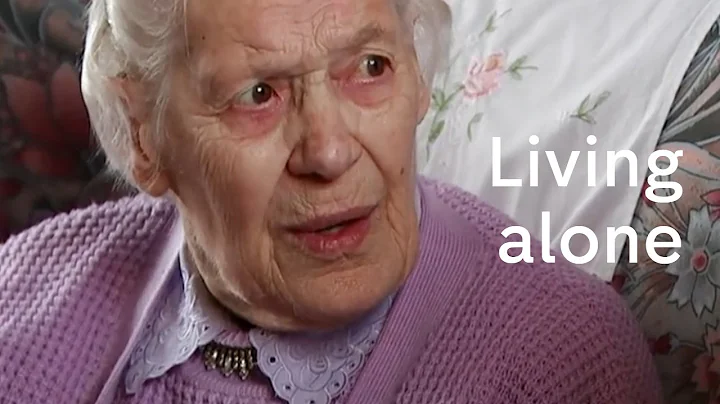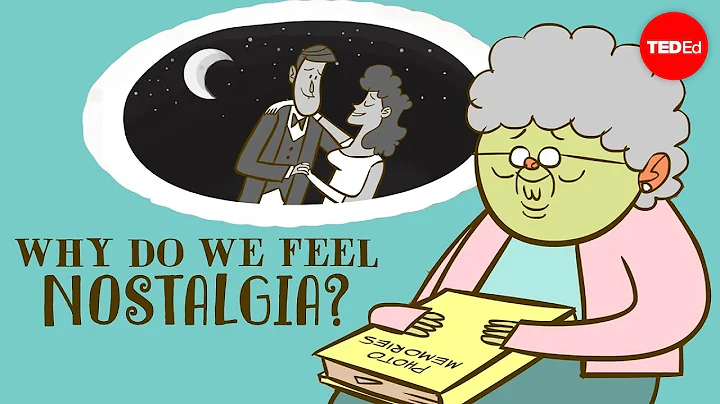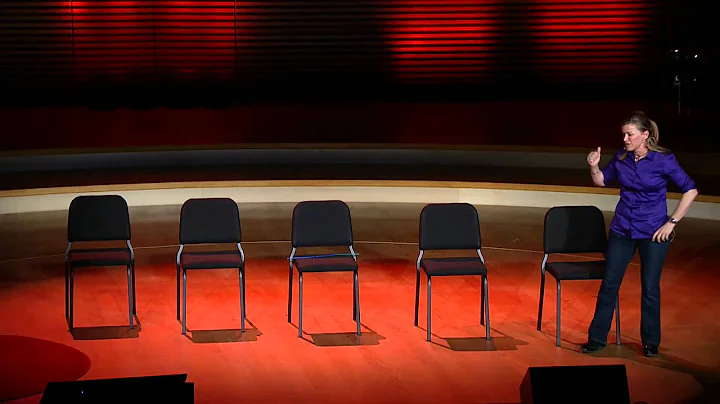If nostalgia opens up the relationship between people and their homes, then homesickness is people’s deep longing for their homes. Missing is not only the nostalgia for the home we once had, but also the expectation for the home in the future. Therefore, the separation of people and their homes will become the gathering of people and their homes. Then among the lamentations of homesickness will arise the joyous songs of homecoming.

■ Text | Peng Fuchun
Homelessness has become the fate of mankind in the era we live in. If people think that we still live in a beautiful home that will last forever without any worries, if people have not thought about the nature of homelessness and regard it as an indifferent phenomenon, if people still try to If we assume that the fact of homelessness is covered up by various illusory homes, then this only means that homelessness has become the most profound disaster of our time. The overshadowing and oblivion of homelessness are more dangerous things than homelessness itself. This requires our minds to dwell on homelessness.
Homelessness itself opens up the crisis of our existence. But the crisis has nothing to do with the meaning of negation or affirmation in the first place. It actually means that something is at its critical point. As a tipping point, a crisis appears as a boundary. The border is such a special place, it is both the end and the starting point. The crisis is therefore both negative and positive. Its negative meaning is danger, and its positive meaning is opportunity.
The Chinese word crisis can be said to be the unity of danger and opportunity. So is the crisis of homelessness as a human home. On the one hand it is the end of the old home, on the other hand it is the beginning of the new home. And the idea of homelessness is thus the idea of crisis. It is on a frontier, and it wants to build a new home on the ruins of the old.
This thought about homelessness manifests itself as a kind of nostalgia. As sorrow, homesickness is a human emotion. It is pain, sadness, a heavy sigh of the soul, and a lament that sings three sighs. But homesickness here is not sorrow for anything else, but sorrow for home and homelessness. Homelessness thus deeply defines the basic modality of nostalgia.
As an emotion arising from the homeless situation, people's homesickness seems to be negative and negative. But home itself is fundamentally hidden in the depths of homelessness, so people's homesickness is positive and affirmative. Here nostalgia completes the transformation of its own meaning. As a negation of homelessness, it is about finding a home to live in. Therefore, in the emotion of nostalgia, it is not the relationship between people and homelessness, but the relationship between people and home that is decisive. Even homelessness itself must obtain its own meaning in home.
If nostalgia opens up the relationship between people and their homes, then homesickness is people’s deep longing for their homes. Missing is not only the nostalgia for the home we once had, but also the expectation for the home in the future. Therefore, the separation of people and their homes will become the gathering of people and their homes. Then among the lamentations of homesickness will arise the joyous songs of homecoming. 
The author of this article is a professor of philosophy at Wuhan University . He is the author of a series of academic monographs "Five Books on Chinese Studies" ("On Chinese Studies", "On Laozi", "On Confucius", "On Huineng", "On Confucianism, Taoism and Zen"). Published and distributed by People's Publishing House ). The pictures in this article are from the Internet, and the titles were added by the editor.





















